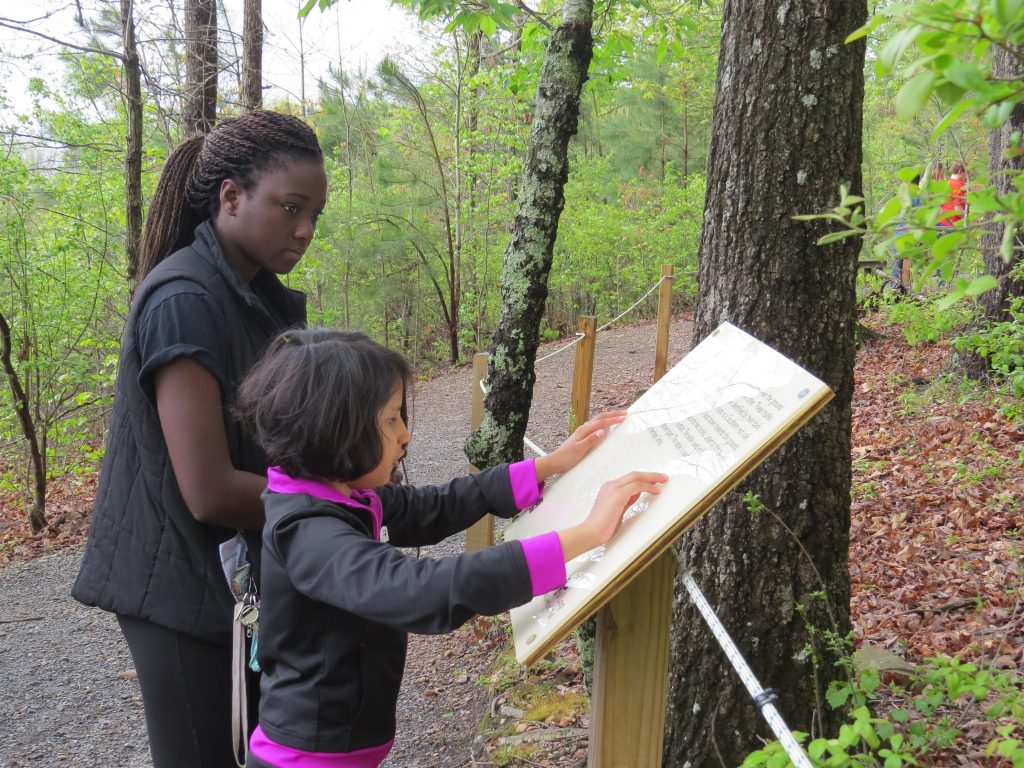Warning: Invalid argument supplied for foreach() in /home1/redcare1/public_html/wp-content/themes/uplift/swift-framework/content/sf-post-formats.php on line 89

International Day of Persons with Disabilities is a United Nations sanctioned day that is celebrated annually on the 3rd of December. It aims to increase public awareness, understanding and acceptance of people with disability and celebrate their achievements and contributions. Any continuing condition that goes on to restrict a persons everyday activities can be referred to as a disability.
The Disability Services Act (1993) further describes disability as a condition;
- which is attributable to an intellectual, psychiatric, cognitive, neurological, sensory or physical impairment or a combination of those impairments
- which is permanent or likely to be permanent
- which may or may not be of a chronic or episodic nature
- which results in substantially reduced capacity of the person for communication, social interaction, learning or mobility and a need for continuing support services.

A number of disabilities exist but the main categories are physical, sensory, psychiatric, cognitive, neurological and intellectual. Many people with disability have multiple disabilities. Persons with disabilities shouldn’t be discriminated against and barriers that restrict them from participating in the society on an equal basis with others should be removed. These barriers are commonly found at workplaces, public transport systems, schools and hospitals.
A few things to avoid when dealing with persons with disabilities are to; avoid portraying the accomplishment of a person with a disability as a superhuman and do not use subject terms such as suffering from, victim of and so on. Be an advocate for your friend or family member with a disability. People with or without disabilities can stay healthy by learning about and living healthy lifestyles.
It is crucial that persons living with disabilities and their caregivers make plans to protect themselves in the event of an emergency or disaster. Emergencies and disasters usually strike quickly and without warning forcing people to leave their home or be confined in their home.



